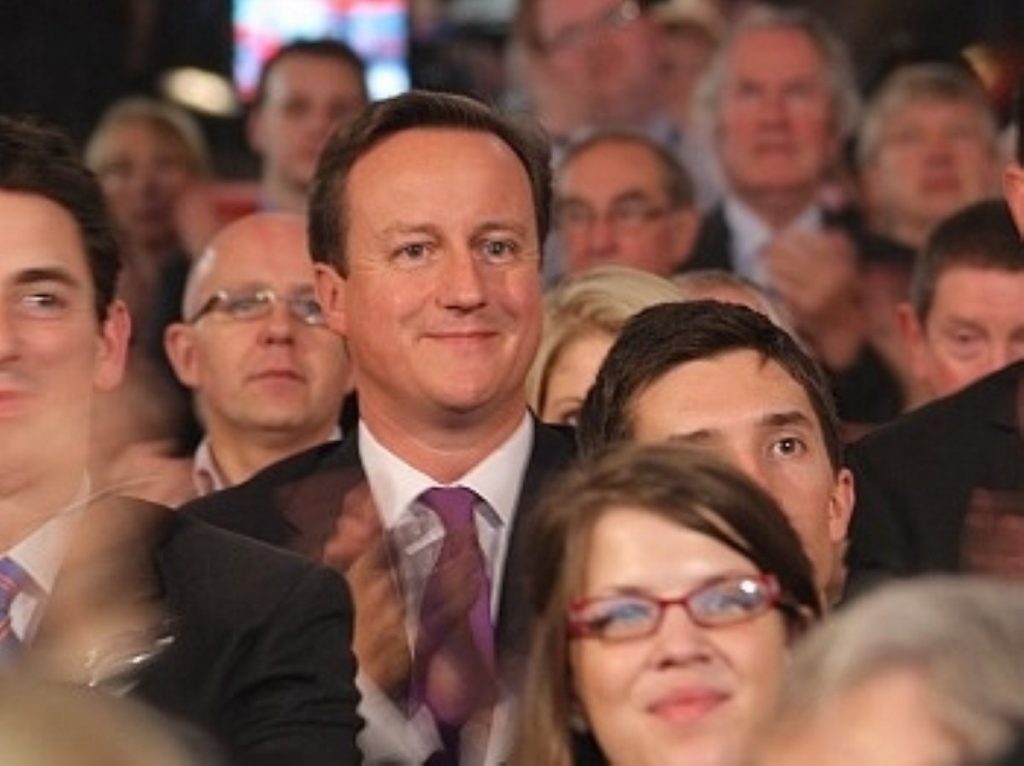Cameron told to honour his drug reform past
David Cameron has come under pressure to honour his pre-Downing Street views on drug reform, as protests are held in capitals across the world to push for a change in the law.
A letter from a coalition of campaign groups and celebrities published today reminds the prime minister that he was part of the home affairs committee in 2002 when it recommended that the then-Labour government "initiates a discussion within the Commission on Narcotic Drugs of alternative ways—including the possibility of legalisation and regulation—to tackle the global drugs dilemma".
Cameron's liberal position on drugs changed once he entered Downing Street and he has shot down subsequent demands for a more liberal approach to the issue, including one from the group he used to be a member of.
"We are asking him to stand by that commitment and recognise the damage that has been done, both nationally and internationally, by repressive drug policies," Niamh Eastwood, executive director of Release, said.


"The drug policy reform debate has moved forward in recent years and the UK government needs to be at the forefront of it."
The letter has signatories from a wide variety of pressure groups, including those involved in HIV-prevention, penal reform, social justice and human rights.
It is also signed by Russell Brand, Richard Branson and Julie Christie, as well as MPs Julian Huppert, Caroline Lucas and Bob Ainsworth.
Human rights group Reprieve said: "Countries like the UK profess their opposition to the death penalty, but their financial support for the 'war on drugs' leads to the executions of hundreds of people every year around the world, including children.
"Many of the 8,000 people on death row in Pakistan are there on drugs charges, and at least 123 people have been hanged for drug offences in Iran this year alone. The fact that European governments continue to fund these hardline practices while claiming they oppose the death penalty is a costly and untenable hypocrisy."
Today's global day of action will see demonstrations in over 80 cities across the world, including London, Paris, Warsaw, Mexico City, Kathmandu, Rome, Phnom Penh, Tbilisi, Kuala Lumpur and Moscow.
London will see demonstrators meet in Parliament Square, with a billboard facing parliament contrasting the prime minister's 2002 opinions with those he expresses now. There will also be an event in Manchester around Piccadilly Gardens.
The protests come amid signs of a global change in direction on drug policy, which is being spearheaded by some of the Latin American states who have suffered the worst violence due to the drugs trade.
In the UK, Nick Clegg reaffirmed his commitment to reform and sent Lib Dem Home Office minister Norman Baker on a global fact-finding mission to assess the various experiments with drug law being conducted, including in the US, Uruguay and Portugal.
The deputy prime minister proposed that European countries work together to come up with a common position on drug legislation ahead of a UN special session on drug law reform in 2016.

